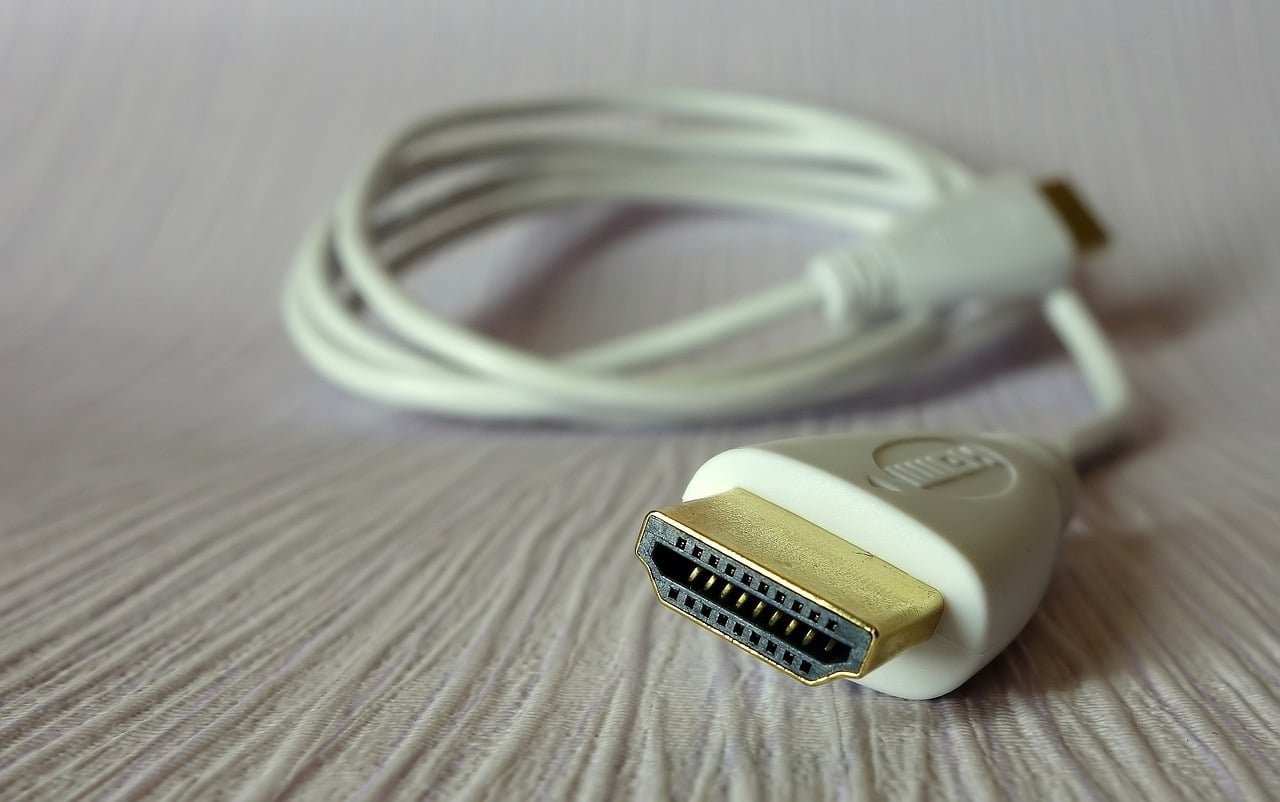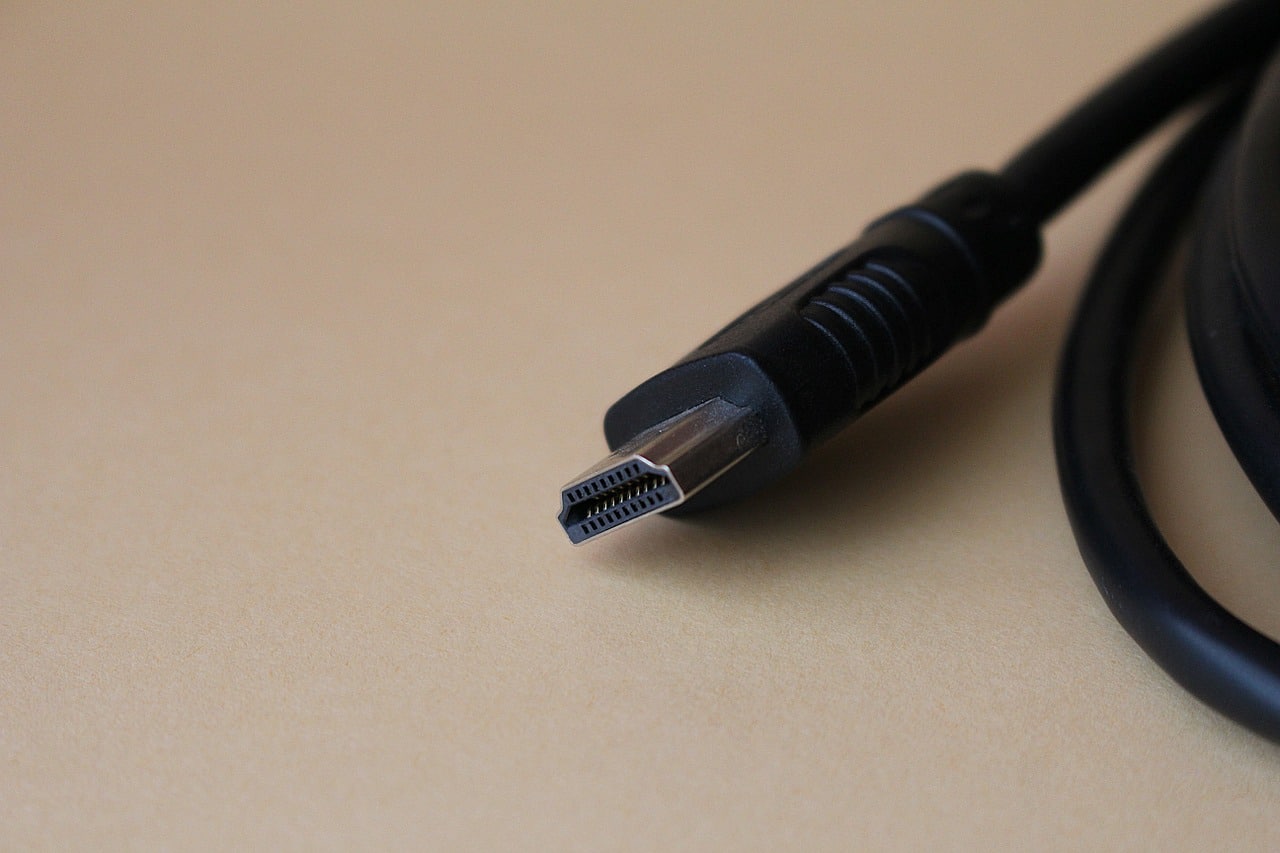HDMI has been the buzzword in the world of home entertainment during the past decades. Thanks to the rapid advancements in technology, you can now have top-notch integrated entertainment systems that can connect multiple appliances and gadgets including your smartphone, laptops, home theatres, and television and gaming consoles all in a single system. This evolution has enabled consumers to rely on more portable connectivity tools and eliminate big storage tools such as DVDs and DVD players. You can have your video library on your external drive or your laptop and connect it directly to your television.
Like every other component, connectivity tools and medium also underwent advancement and the world saw a quick transition from discs to flash drives and USBs and to HDMI. Today HDMI is an essential connectivity tool and no home entertainment system is complete without a good HDMI cable.
Although HDMI has been around for quite some time now, the ports and the design have been upgraded lately and many consumers today get confused about buying the right HDMI cable for their home entertainment system. This is because there are both new and older cables available in the market and many consumers often get confused about which one is the right HDMI cable for them. This guide will help you in your HDMI cable purchase.
IMAGE: PIXABAY
Know The Types
If you have a slight exposure of tech and connecting devices you might be aware that there are different types of HDMI cables, however, a large number of consumers are still unaware of this fact. There are primarily four different types of HDMI that are available that include Standard, Standard Ethernet, High Speed, and High-Speed Ethernet.
The main classifications are Ethernet and non-Ethernet variants, where Ethernet HDMI is mainly used for data transmissions. The Standard and High-Speed options indicate the differences in speed of data transfer. A good HDMI cable manufacturer will have the cables labeled for the type.
HDMI Cables For Longer Lengths
Unlike analog connectivity tools, digital cables have a standard picture quality and a bright, crisp audiovisual output. However, the materials used in the manufacturing of an HDMI cable may impact the quality of audio optical production and speed of data transmission for wires that are connected over long distances or for wall-mounted devices such as a television. In that case, it would be a good idea to look for HDMI cables manufactured by reputed manufacturers that are rated for their output.
Length
One of the most critical factor to consider when buying your HDMI cable is the length of the wire. Pay attention to the distance between the devices that you want to connect and buy an HDMI cable that is long enough to connect your devices easily. If you are sure your devices are not placed far apart and a shorter HDMI cable will do well, stick to a shorter cable for better picture quality.
If by all means you require a longer HDMI cable make sure it is marked for its productivity and data transmission speed. For example, if you intend to an HD Blu-ray player with a wall mounted television and require a longer length HDMI then go for the high-speed variant and not the Standard HDMI cable.
Price
Most customers still pick their buying cues from their cable purchase experiences with analog where price and brand had a significant impact on the quality and efficiency of the product. However, that is not the case with HDMI cables. A cheaper priced HDMI cable does not mean that it is poor quality unless it is damaged of course. You do not have to run after tech bigwigs and massive names to ensure you have the best products.
If you are interested in even more technology-related articles and information from us here at Bit Rebels then we have a lot to choose from.


COMMENTS